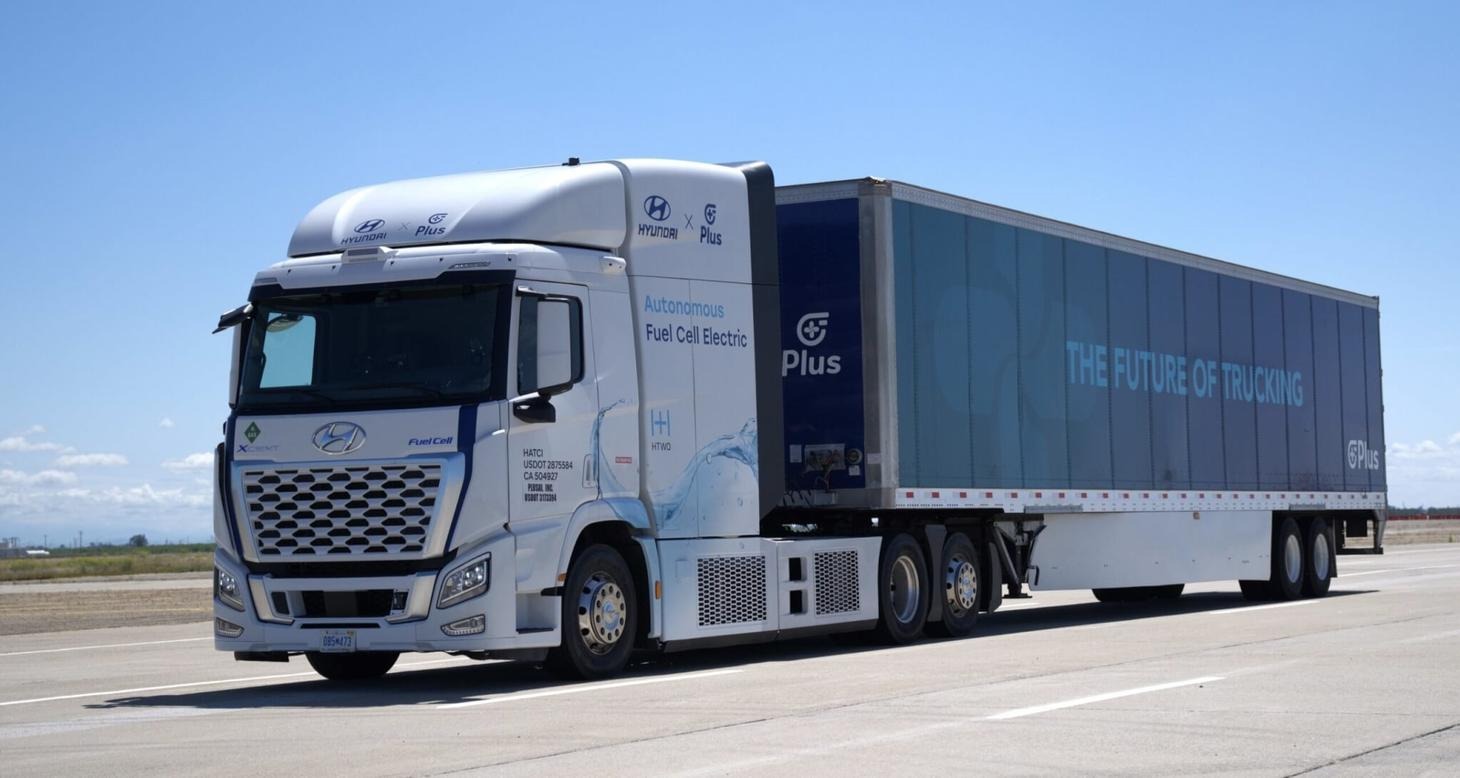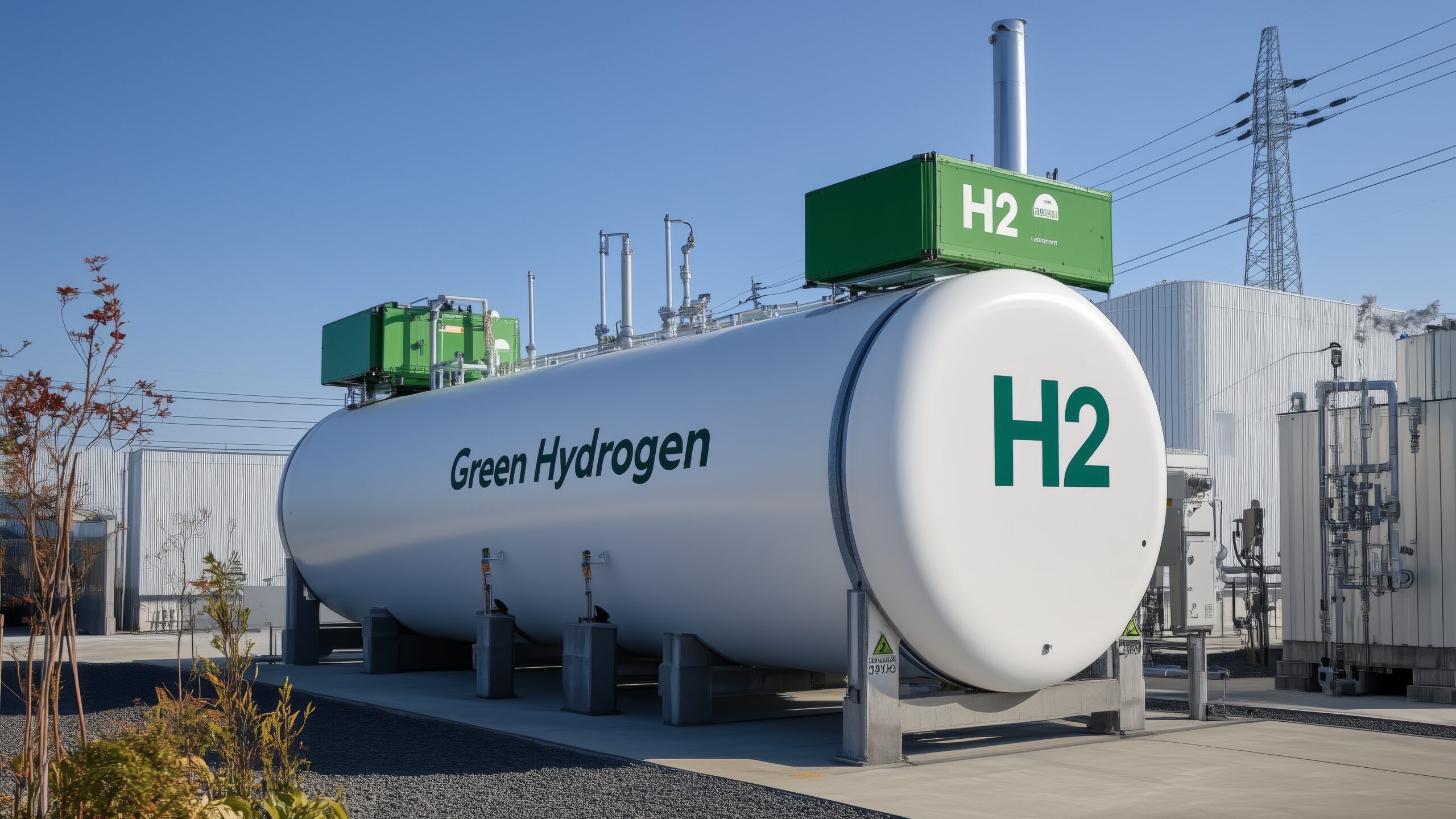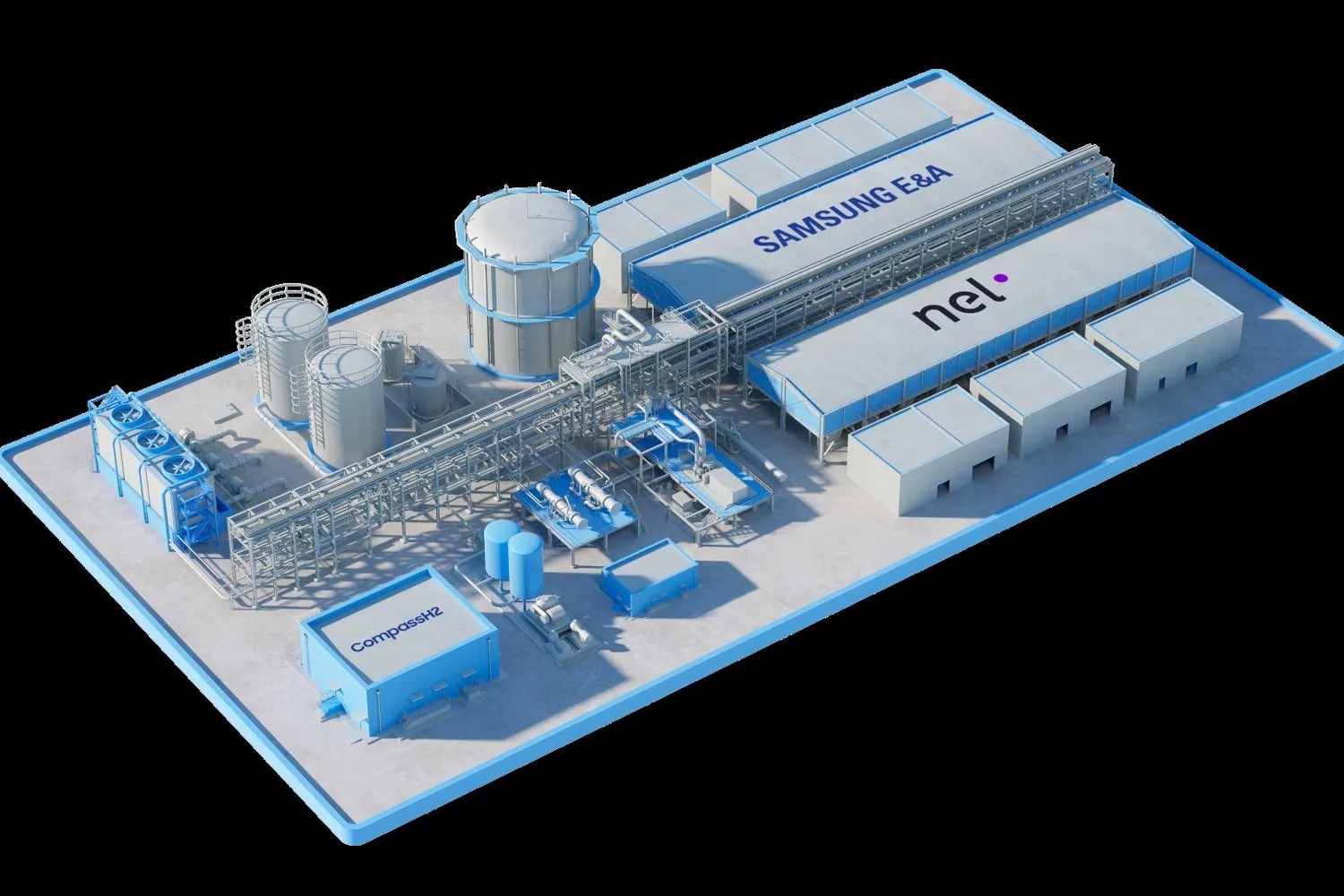Autonomous Hydrogen Truck Concept Unveiled

Hyundai Motor Company is integrating technology firm Plus’ AI-driven autonomous driving software into its hydrogen-powered Xcient fuel cell electric vehicle (FCEV), advancing the concept of a hydrogen freight ecosystem.
This collaboration aims to enhance long-haul transport by improving efficiency, safety, and sustainability through the fusion of hydrogen fuel cell technology and autonomous capabilities.
The Xcient fuel cell truck features a 180kW fuel cell system, a 350kW electric motor, and 31kg of hydrogen storage at 350-bar, delivering an estimated range of 248 miles per full tank, which can be replenished within 8-20 minutes.
This technology highlights hydrogen’s potential in logistics, providing a clean alternative to diesel while addressing refueling limitations that have historically hindered hydrogen adoption.
David Liu, CEO and Co-Founder of Plus, emphasised the transformative impact of autonomous hydrogen fuel cell trucks, noting their role in building a sustainable freight industry:
“By combining self-driving and zero-tailpipe emission technologies, we are laying the groundwork for a cleaner, more efficient transportation system that meets the demands of today and the needs of tomorrow.”
Hyundai has already deployed its Xcient trucks across Switzerland, Germany, and the US for commercial freight operations, demonstrating hydrogen’s viability in real-world applications.
However, challenges remain – fleet operators are still uncertain about how to integrate zero-emission trucks into their business models, while infrastructure providers seek stronger assurances that investments in hydrogen fueling stations will yield returns.
Additionally, hydrogen’s economic viability is a key consideration. According to McKinsey, achieving cost parity with diesel trucks by 2030 requires a 55% reduction in hydrogen fuel prices to $5.70/kg and a 50% drop in upfront vehicle costs to $200,000.
These factors continue to shape discussions on hydrogen’s future in freight transport, as industry players weigh the long-term feasibility of scaling hydrogen-powered mobility solutions.

